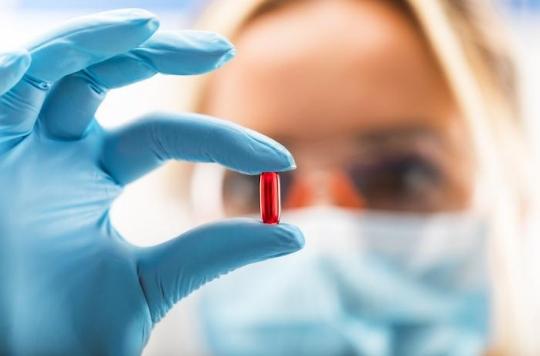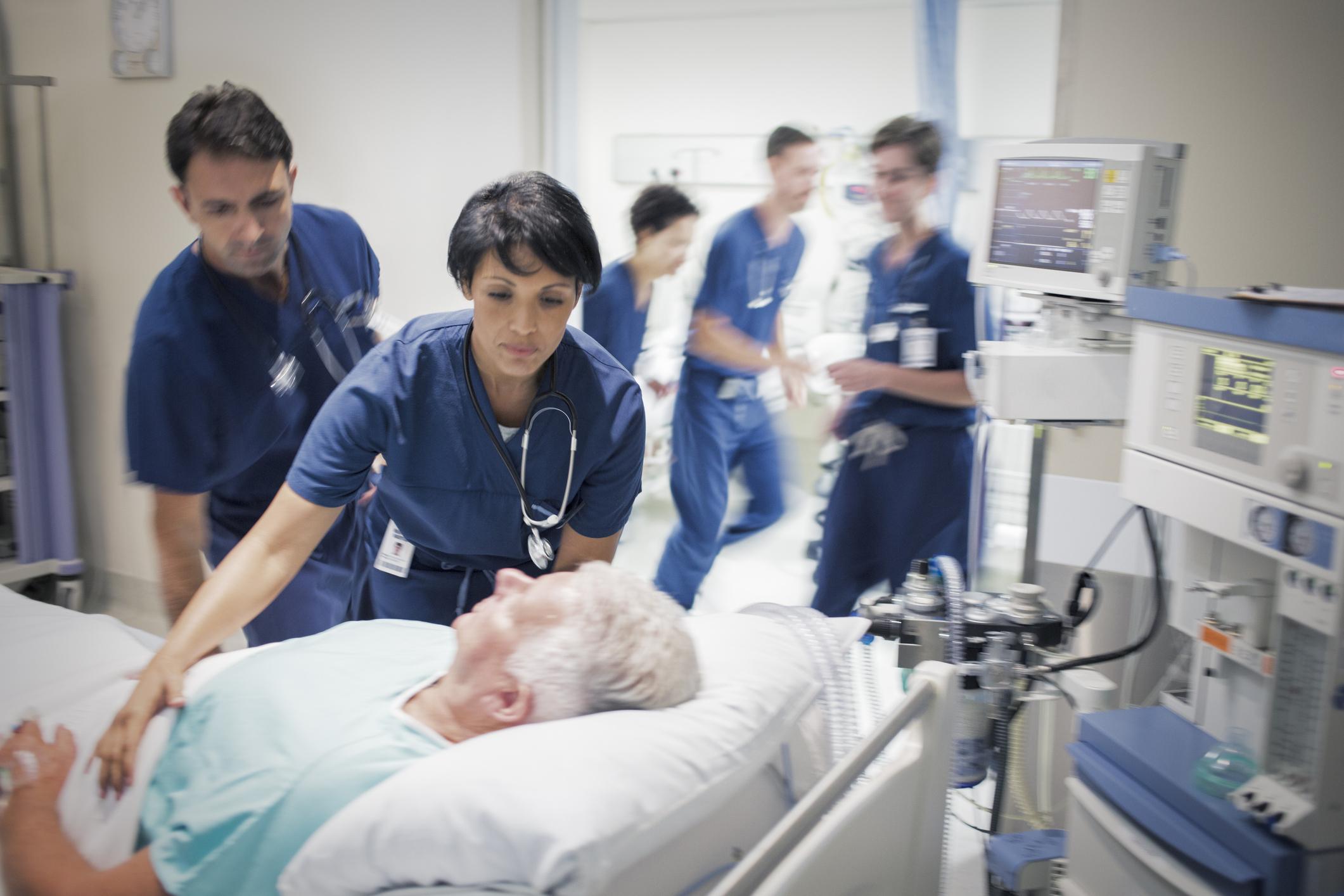Cancer prevention, detection and treatment are changing fast. Oncologists from around the world, gathered at ASCO 2018, speak a new language. Why Doctor is sharing these new cancer words with you. Today: biosimilars.

Biosimilars are now available to physicians who can substitute them for brand name drugs. Interview with Dr Muriel Dahan, Director of recommendations and medication at the National Cancer Institute, INCA.
Dr Jean-François Lemoine: To put it simply, can we say that a “biosimilar” is a generic drug for products that are difficult to manufacture?
Prof. Muriel Dahan: It’s a little different from generics. In fact, since they are biological drugs that have a greater variability between batches than the production of chemical drugs for which we have extremely reliable reproducibility. This inter-lot variability requires being a little more vigilant on the production and on the quality assurance that we put in this production.
Dr Jean-François Lemoine: Do you guarantee the same efficiency?
Prof. Muriel Dahan: Yes, it is effective, in the same way as the drug initially developed. We have the same operating mode and the same dosage, the same way of administering it …
Dr Jean-François Lemoine: With the same security?
Prof. Muriel Dahan: With the same security, absolutely.
Dr Jean-François Lemoine: Have studies been carried out to compare the biosimilar and the starting drug?
Prof. Muriel Dahan: We lead bioequivalence studies, a bit like generic drugs, but we also do clinical tests, specific to biosimilars, to ensure that we have exactly the same benefit-risk ratio. It is on this ratio “advantages / disadvantages” that it is played for all drugs. We have the same efficiency, because it is the same molecule. This is how we define the efficacy and toxicity of drugs. We develop them in humans and we verify that they are effective and that they do not produce too many undesirable effects.
Dr Jean-François Lemoine: We must not kid ourselves, if we create these drugs, it is not for the treatment to be better, but only for money issues? That is, to make them cheaper?
Prof. Muriel Dahan: This is because, like any innovation, after a while that innovation goes into the public domain and there is no reason to keep prices extremely high. Innovation has been paid for at its fair price, sometimes quite expensive, and There is a point when the return on investment is guaranteed, the price must go down. This price does not naturally drop at the initiative of the laboratory itself. So it is the opening up to competition, the manufacture of biosimilars, since there are no longer any patents, that causes prices to drop.
Dr Jean-François Lemoine: Health insurance, through the voice of its director, Nicolas Revel, says: “doctors will have no choice, they must be prescribed”.
Prof. Muriel Dahan: These are the words of the Health Insurance. I have no complaints. Me, I piloted the national plan to promote generics, the first, and what I can say is that it is absolutely essential to be able to prescribe much cheaper drugs with the arrival of drugs that are extremely expensive. So to allow the financing of these expensive drugs – afterwards, we can discuss the justification of this price level -, but the fact remains that, obviously, there must be a turnover, and that it is completely aberrant. that we pay as much for old drugs as new drugs, even though they have been depreciated, that their use is well established, that we know them well, and that there is no longer any reason to pay for them very expensive.
Dr Jean-François Lemoine: These biosimilars will be prescribed for the most part in the hospital. Not in town?
Prof. Muriel Dahan: It could be, of course. But for now, biological drugs and therefore biosimilars, are basically drugs that are used in hospitals, at least in cancer.
Dr Jean-François Lemoine: You are not unaware that we are not yet out of the Levothyrox affair. And so prescribing a biosimilar for cancer is a whole different story. What do you want to tell patients? What do the doctors want to say to the sick?
Prof. Muriel Dahan: Doctors should prescribe what they think is best for their patient. And it is a molecule. It is not a brand, they prescribe a molecule that they know is the most effective and best tolerated drug for their patient. Whether it is the original brand, or the biosimilar brand does not change the case. He knows he has to prescribe trastuzumab, rituximab. He’s not going to go and see if it’s MabThera, or Herceptin, that’s not the point. He knows that it is this molecule which corresponds to the needs of his patient. It is therefore this drug that the doctor will prescribe; whether it is a originator or a biosimilar does not change anything.
Dr Jean-François Lemoine: INCa will be behind this approach?
Prof. Muriel Dahan: We are witnessing work on the second generic plan with which a biosimilar plan is associated. We are participating in this work today in order to possibly have advice to give, possibly expertise, or our say on these subjects. Or again, feedback from the field, for example on pharmaceutical problems, residue problems, or treatment tailings, which means that you have to have a little specific pharmaceutical practices, on this kind of thing … make you be vigilant, give the alert, absolutely without ulterior motive; really !

.

















